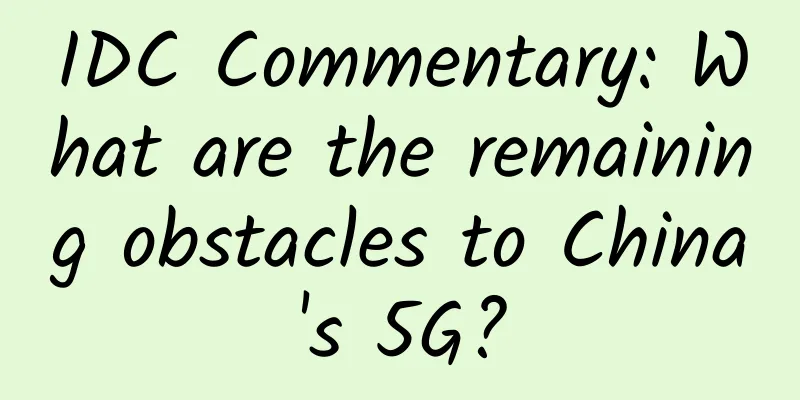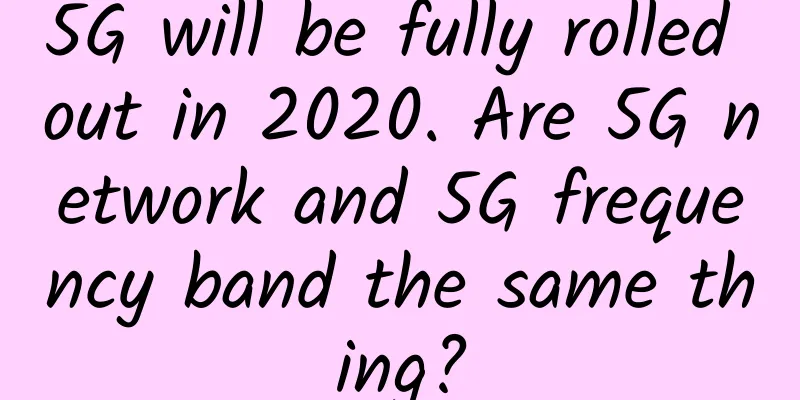Ovum's view: 5G first-mover advantage is at risk; don't let the first kiss become the kiss of death

|
Do you remember your first kiss? This is a common argument used by proponents of the “first-mover advantage” theory. By analogy, proponents of the first-mover advantage theory will tell you that you will remember your first kiss, but not the second, third, or even the first. The conclusion is that if you want to be remembered forever, you must be the first. Therefore, by analogy, operators need to be the first to launch 5G. But the reality is that most people have moved on and may not remember who they had their first kiss with. It can be a memorable moment, but for some, it may even be a memory they would rather forget. Dario Talmesio, Ovum's top European analyst, said that the first-mover advantage is an excellent theoretical framework, but it does not work in practice. According to a study by Ovum, there is a first-mover "disadvantage" in the real world, and for many of the major efforts required to launch 5G, being first is not a necessary step.
Reviewing the performance of first movers will help understand why being first can be a risky move. Let's look at three very different companies: 3UK, a first mover in 3G services; Apple, a late mover in 3G; and EE, a first mover in 4G services. The success or failure of these three companies shows that being first does not always mean being the first mover. 3 UK claimed to be the first to launch 3G and video calling in the UK, but they still suffer from it to this day. Despite seeing incredible improvements in network performance and overall Net Promoter Scores (NPS), many people still see 3 as a cheap service that provided an unreliable network. Both memories are untrue compared to today's reality, but many consumers do remember 3 UK being the first operator to launch 3G services. As we all know, Apple was not a first mover. The first iPhone was launched in 2007, a 2G phone (supporting GPRS and EDGE), and Apple launched a 3G phone about four years after Nokia launched its 3G phone. There is no need to elaborate on Apple's extraordinary achievements. They are the first public company to reach a market value of $1 trillion in about 10 years. In contrast, Nokia's story is not so happy. EE provides a great case study for proponents of first-mover advantage. EE was a first mover and is still reaping the benefits. But they did more than just move first. In short, they did it the right way. That means they delivered on their promise and provided a better experience for customers who were willing to pay a little more for something that others couldn't get. As simple as it sounds, being first to market can be a good move as it can generate some great publicity, but getting it right is far more important for companies that want to position themselves as long-term beneficiaries of new technologies like 5G. Launching 5G without being ready, or without a strong subsequent investment plan, will turn it into a kiss of death rather than the beginning of a profitable, long-term customer relationship. |
<<: Is your phone WLAN or WiFi? What is the relationship between the two?
>>: Detailed explanation of several wireless transmission modes!
Recommend
Kunpeng Ecosystem Changhong Tiangong System Application Demonstration Project Officially Landed in Mianyang
[51CTO.com original article] On December 18, 2019...
The operating data of the three major operators in 2018, how did they perform this year?
2018 has passed. This year was a year of hard wor...
EtherNetservers: $79/month-E3-1230v6/16GB memory/500G NVMe/20TB@1Gbps/Los Angeles and other data centers
The tribe has shared information about EtherNetse...
The challenges of 5G have just begun
The COVID-19 outbreak that has ravaged the world ...
One article explains what is VLAN, Layer 3 switch, gateway, DNS, subnet mask, MAC address
Last time we published what is arp address? What ...
6 IT roles that need retraining
Given the rapid pace of change in the technology ...
SD-WAN deployment pitfalls: How to avoid five common challenges
As organizations accelerate their cloud adoption ...
NFV in 2017: A Key Year for Commercial Deployment
[[181719]] As mobile communications shift from th...
Megalayer: Hong Kong/Singapore/US VPS annual payment starts from 199 yuan or 24 yuan/month, dedicated server starts from 399 yuan/month
Megalayer is a foreign hosting company establishe...
Why is 6G research and development important in the digital economy era?
5G’s unfinished business needs to be completed by...
Twisted Pair vs. Fiber Optic Cable Advantages and Challenges
Data transmission is the backbone of today's ...
In the third quarter, the penetration rate of fixed broadband households in my country reached 59.6%
[[177287]] According to the "China Broadband...
Graphic: A brief history of router architecture
Over the past 50 years, we’ve made a lot of progr...
RAKsmart: 50% off all VPS hosting, VPS in Hong Kong/Japan/San Jose starting from $2.63 per month
We often share RAKsmart's product information...
Why do we need 5G-A?
In today's article, I want to talk to you abo...









